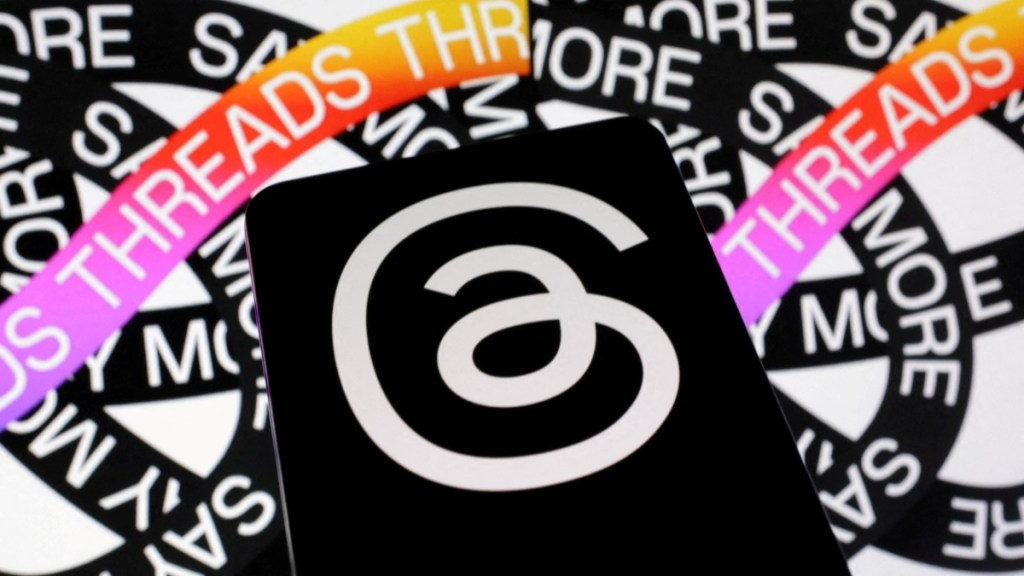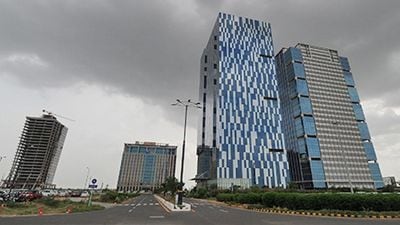Meta, the parent company of Facebook and Instagram, plans on labelling government-affiliated accounts on its new text-based app, Threads, as told by an executive to an Australian inquiry on foreign interference on Tuesday. Josh Machin, who is the head of public policy at Meta for Australia, stated, “Areas such as labels for state-affiliated media and fact-checking are all areas where we see a lot of value, and it’s our aspiration to build that out expeditiously.”
Also Read: Twitter’s traffic takes a hit as Meta’s Threads cross 100 million users
When Machin was asked if RT, which is a Russian state-affiliated broadcaster, or Xinhua News Agency, which is a Chinese government-affiliated publisher, would be marked on Threads, he expressed, “that’s our aspiration”. Further, Machin added, “To the effect that any state-affiliated media are violating our policies, we would remove them. Broader functionality around tags… are all top priorities for us as we continue to bring out the product.”
The RT and Xinhua accounts on Meta’s Facebook and Instagram platforms already bear tags indicating that they are state-controlled media from Russia and China, respectively. A Reuters report indicates that upon reviewing RT’s Threads account on Tuesday, it did not have such a designation, and Xinhua did not appear to have a Threads account.
Inquiring about Meta’s labelling plans for Threads, Australian senator James Paterson stated that Twitter’s removal of foreign government affiliation tags was “extremely concerning from a transparency view.”
Machin further raised concerns about an Australian plan to grant media regulator the Australian Communications and Media Authority (ACMA), the authority to monitor and penalise social media corporations for facilitating the spread of misinformation and disinformation.
Meta would be in favour of granting ACMA power to uphold an existing industry code of conduct, which includes aggressively removing fraudulent content, but “the draft legislation goes further,” he said, alluding to the plan currently undergoing industry consultation. Machin also added, “We can see some potential for that power to be abused, or for it to be used in a way that chills legitimate free expression online.”
Previously, from NPR to the Chinese state-affiliated Xinhua News, all accounts on Twitter had their “government-funded media” badges removed. Even Twitter’s webpage describing the “government-funded media” labelling seems to have been removed.
Also Read: Snapchat to let all users show their creativity, work to the public with new Linktree integration
All this started when Twitter classified NPR as “state-affiliated,” a name it only uses for publications when the government has editorial control or influence. This is how the whole controversy got started. However, NPR has editorial independence and only depends on the government for around 1% of its financing. So, Twitter came up with a new “government-funded media” designation for NPR that is a little less deceptive but still has the potential to mislead users about the veracity of its reporting. In the end, NPR decided to leave Twitter, and its CEO stated that he no longer trusts Twitter’s decision-making process.
Follow FE Tech Bytes on Twitter, Instagram, LinkedIn, Facebook








